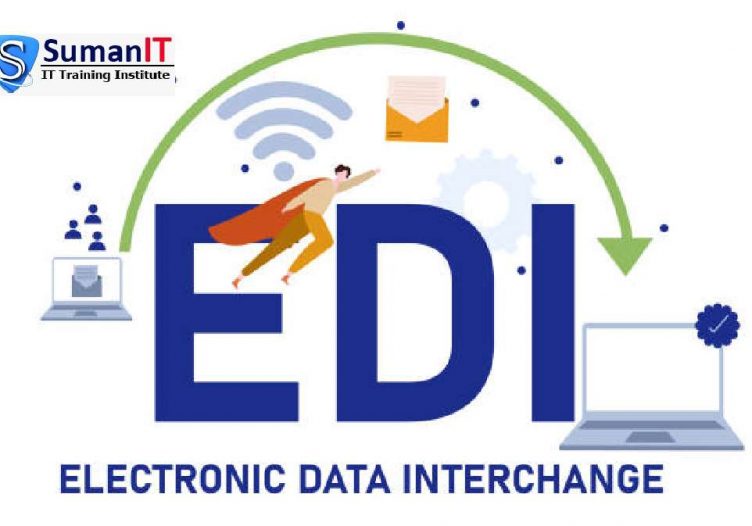Electronic Data Interchange, or EDI, refers to the exchange of digital data between two organizations. Typically, this data is exchanged in the form of business documents, such as purchase orders or invoices. EDI can be used to streamline a variety of business processes, from supply chain management to financial transactions. In many cases, EDI can replace manual paper-based processes, saving time and money. Perhaps most importantly, EDI can help to improve communication and collaboration between organizations. By digitizing and automating key business processes, EDI can help businesses to run more efficiently and effectively.
EDI in AWS is a powerful tool that can help you automate your business processes and improve efficiency. Here are some of the ways you can use EDI in AWS:
-Integrate EDI with your existing business applications. This can help you streamline your data processing and avoid manual errors.
-Use EDI to exchange data with your trading partners. This can help you save time and money by avoiding paper-based processes.
-Designate an EDI gateway for all of your AWS-based trading partner interactions. This can help you simplify your architecture and reduce costs.
-Use EDI to track inventory levels and monitor supply chains. This can help you ensure timely delivery of goods and services, and avoid stockouts.
-Replace manual data entry with automated EDI processing. This can help you save time and money, and improve accuracy.
EDI in AWS can help you improve efficiency, reduce costs, and streamline your business processes. Contact us today to learn more about how we can help you get started with EDI in AWS.
EDI (Electronic Data Interchange) is the electronic exchange of business documents between companies. It allows businesses to communicate with each other electronically, using a standard format that can be easily interpreted by computers. This makes it possible for businesses to conduct transactions quickly and efficiently, without the need for paper documents. Many Oracle applications support EDI, making it easy for companies to exchange data with their trading partners. For example, Oracle's Supply Chain Management application includes an EDI module that enables companies to send and receive purchase orders and invoices electronically. Similarly, Oracle's Order Management application supports the electronic exchange of sales orders and shipping information. In addition, Java-based EDI solutions are also available from a number of vendors. These solutions provide a platform-independent way of exchanging EDI data, making it easy to connect Oracle applications with trading partners that use different technologies.
Electronic Data Interchange, or EDI, is a powerful tool that can be used in coding. By allowing different computer systems to exchange data electronically, EDI can help to streamline the coding process and improve accuracy. In addition, EDI can also help to reduce the need for manual data entry, saving time and reducing errors. As a result, EDI can be a valuable asset for any coder. When used correctly, EDI can help to speed up the coding process and improve the accuracy of coded data.


Sridhar
EX- Student